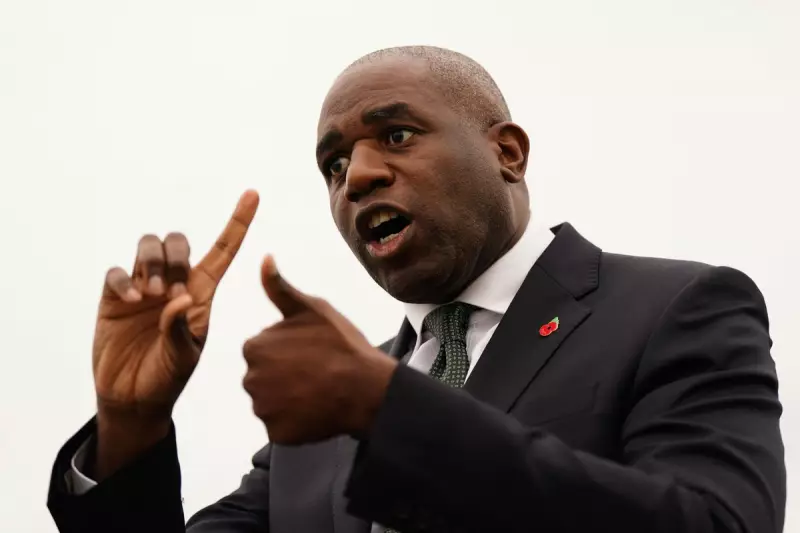
In a dramatic House of Commons confrontation that exposed deepening political divisions over Britain's global role, Shadow Foreign Secretary David Lammy unleashed a scathing indictment of the government's foreign policy record, branding their approach as "diplomatic vandalism" that has severely damaged the UK's international reputation.
Commons Clash Over Britain's Global Standing
The heated exchange saw Lammy directly challenge Business Secretary Kemi Badenoch, who was representing the government in the absence of the Foreign Secretary. The Labour frontbencher didn't hold back, accusing the Conservatives of systematically undermining Britain's influence on the world stage through what he described as "reckless and short-sighted" policies.
Specific Allegations of Diplomatic Damage
Lammy detailed several areas where he believes the government has failed:
- Severe strain on crucial relationships with European allies post-Brexit
- Damage to Britain's reputation as a reliable international partner
- Failure to capitalise on global economic opportunities
- Weakening of Britain's voice in critical international forums
Government's Defence and Counter-Attack
Business Secretary Kemi Badenoch mounted a robust defence of the government's position, hitting back at what she characterised as Labour's "defeatist narrative" about Britain's global standing. She pointed to several trade deals and international agreements as evidence of the UK's continued influence and diplomatic success.
"The Conservative government has consistently pursued a foreign policy that protects British interests while promoting our values abroad," Badenoch asserted, dismissing Lammy's criticisms as politically motivated rather than grounded in reality.
Broader Political Context
The confrontation comes at a critical juncture for both major parties, with Labour seeking to establish its foreign policy credentials under Keir Starmer's leadership, while the Conservatives attempt to redefine their international approach following recent political turbulence.
Political analysts suggest this exchange signals the beginning of what promises to be a fiercely contested battle over foreign policy in the run-up to the next general election, with both parties recognising the strategic importance of demonstrating competence in international affairs.
What This Means for British Diplomacy
The sharp divide exposed in these Commons exchanges reflects broader questions about Britain's post-Brexit role in the world. As global challenges multiply, from climate change to security threats, the ability of whichever party forms the next government to rebuild and strengthen international relationships will be crucial to Britain's future prosperity and security.
With Labour positioning themselves as the party that can repair damaged alliances and the Conservatives emphasising their success in striking new trade partnerships, voters face a clear choice between competing visions of Britain's place in the world order.






